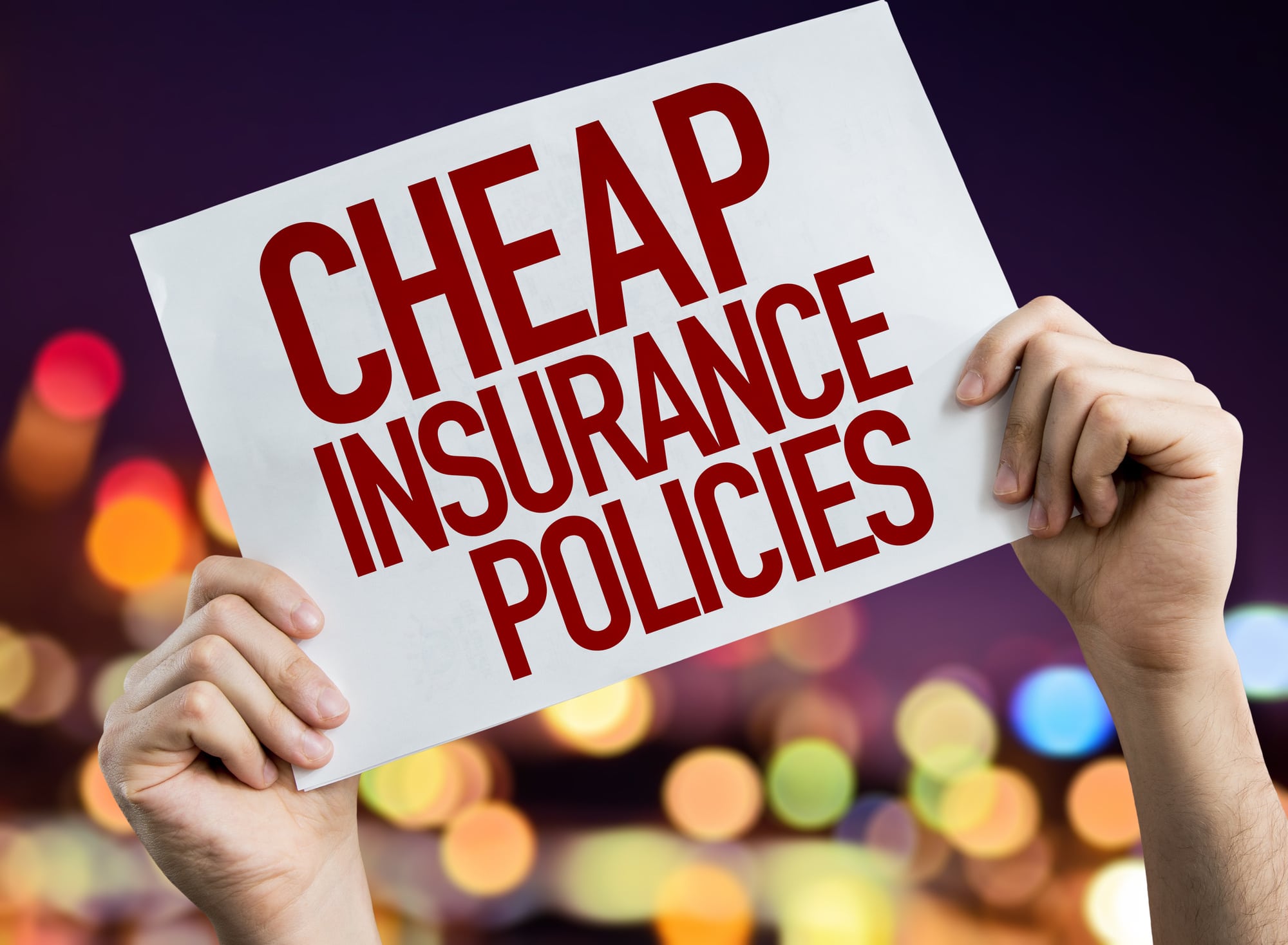Acquiring car insurance may seem intimidating, especially true with the various available options and the language that can complicate the process. A lot of individuals rush into selecting a policy, motivated by the price alone or misconceptions about what insurance coverage they actually require. However, understanding the common errors can help you avoid from unnecessary spending and annoyance in the end run.
In this article, we will discuss ten common blunders that buyers commit when purchasing auto insurance. By being aware of these errors, you can take knowledgeable choices that safeguard your finances and ensure you have the suitable insurance coverage for your needs. Whether you are a first-time buyer or looking to switch providers, steering clear of these mistakes will enable you secure the optimal policy. Let's dive in and help you to navigate the world of car insurance with confidence.

Grasping Coverage Choices
When purchasing car insurance, it's important to comprehend the different coverage options available to guarantee you choose a coverage that satisfies your needs. Auto insurance generally includes liability insurance, collision protection, and comprehensive coverage. Liability coverage defends you from costs related with losses or injuries you may cause to others in an accident. Collision coverage, on the other hand, covers damage to your vehicle from a collision, regardless of who is at fault. Comprehensive coverage offers protection against non-collision-related incidents, such as theft, vandalism, or natural disasters.
Another essential aspect of coverage options is uninsured motorist coverage. This type of protection is vital in situations where you are involved in an accident with a driver who does not have enough insurance or lacks insurance altogether. By holding this coverage, you can shield yourself from financial loss caused by accidents involving these drivers. It's a security measure that many people overlook, but it can be vital for your financial security.
Lastly, don't overlook to think about additional options such as personal injury coverage and roadside assistance. Personal injury protection can take care of medical expenses for you and your passengers, no matter of who is at fault. Roadside assistance gives help in case of breakdowns or other emergencies. Evaluating these choices carefully will ensure you have a comprehensive auto insurance policy that truly protects you on the road.
Evaluating Quotes Properly
When shopping for car insurance, it is essential to evaluate estimates from various insurers to ensure you are getting the best deal possible. Start by gathering quotes from a minimum of three various providers. This gives you a wider perspective on what the market offers and helps you spot any significant differences in pricing for similar coverage. Keep in mind that the cheapest option isn’t always the best; pay close attention to the coverage limits, deductibles, and exclusions that may vary from one policy to the next.
Additionally, make use of comparison tools online to simplify the process. These tools can save you time by allowing you to enter your information once and receive various quotes in return. However, while utilizing these internet resources, be sure to check the credibility and reputation of the insurers. Reviewing reviews and ratings from other customers can offer insight into the quality of customer service and the claims process, which are vital factors in your decision-making.
Finally, when you get your quotes, take the time to analyze and evaluate the coverage offered. Look past just the cost amount and take into account the specific features each policy provides. Some policies may include benefits such as roadside assistance or rental car coverage, which could affect your overall costs and satisfaction in the long run. By doing a thorough comparison, you will be better equipped to choose a policy that fits your needs and budget while offering adequate protection.
Ignoring Coverage Tiny Print
When acquiring car insurance, many customers tend to overlook the fine print of their policies. cheapest car insurance near me includes critical information about policy limits, restrictions, and specific requirements that might apply. Ignoring this information can lead to unexpected additional expenses during a claim, leaving customers vulnerable in situations they believed were included.
Additionally, many buyers focus on the cost cost without completely realizing the implications of their selected coverage levels. They may select lower costs, only to realize that their deductibles are much higher than anticipated or that essential benefits, such as rental car coverage or roadside assistance, are excluded. This oversight can create economic burden, especially in times of need.
Finally, the terminology used in policy documents can sometimes be complex and full of legal language. Failing to seek clarification on ambiguous terms can result in misunderstandings about what is included versus what is not. To avoid these mistakes, it is wise to read through the policy meticulously, ask questions, and even consult a well-informed professional if needed to ensure full understanding of the conditions before committing to a policy.
